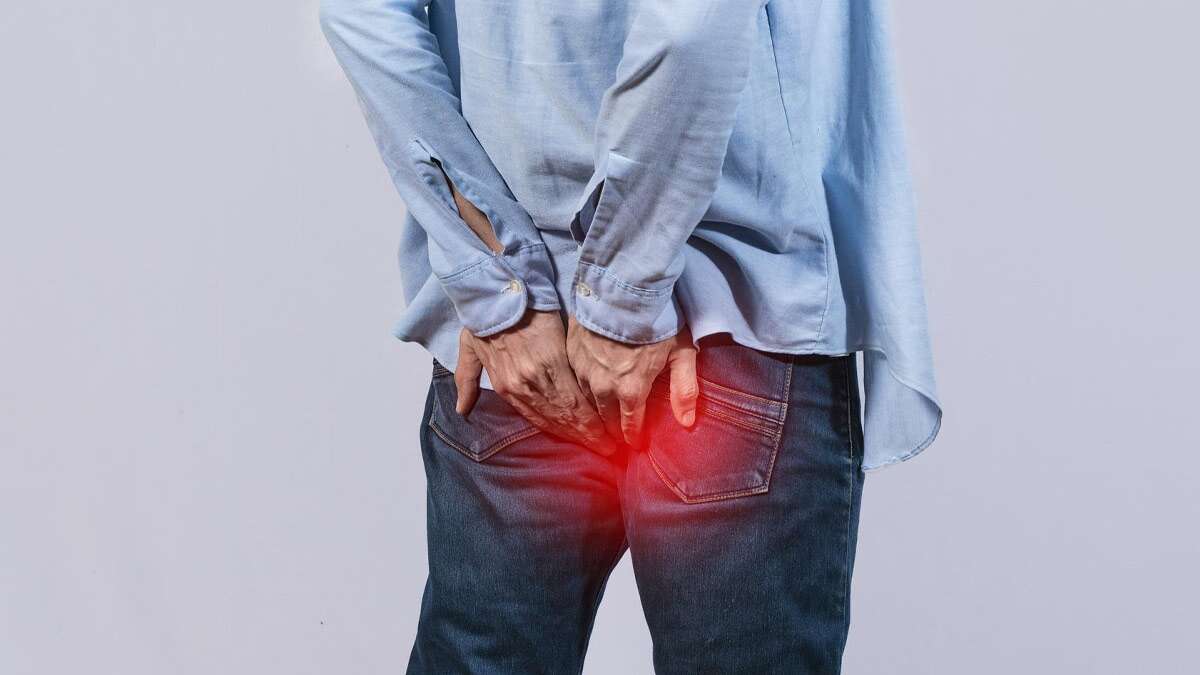Overcoming Piles: Myths, Reality, and The Path to Health
Piles, also known as hemorrhoids, loom as a silent specter in the lives of men in northern Nigeria. The fear surrounding this ailment isn’t rooted in the pain it inflicts or its inherent danger; it’s the belief that it can erode a man’s virility in conjugal relationships that strikes terror into the hearts of many. […]

Piles, also known as hemorrhoids, loom as a silent specter in the lives of men in northern Nigeria. The fear surrounding this ailment isn’t rooted in the pain it inflicts or its inherent danger; it’s the belief that it can erode a man’s virility in conjugal relationships that strikes terror into the hearts of many. As a result, men are willing to clutch at any remedy, no matter its authenticity, in their quest to reclaim their masculine prowess. One such remedy often sought is herb mixtures from local vendors. Ali Sani of Zaria City in Kaduna is one such individual who has been guided by this belief, chasing quick fixes rather than consulting medical professionals. His story reflects a prevalent theme in northern Nigeria where the myths of piles being caused by sugar, oil, and pepper continue to thrive. But what does science have to say about this? An investigation by Daily Trust, along with insights from Dr. Usman Bello, a medical surgeon at Aminu Kano Teaching Hospital, seeks to shed light on this issue.
The Myth of Sugar, Oil, and Pepper:
For generations, the popular myths surrounding piles in northern Nigeria have pointed fingers at sugar, oil, and pepper as the culprits behind this ailment. Men, anxious about their conjugal prowess, have avoided these ingredients in their diets, believing it would keep piles at bay. Ali Sani’s story is a testament to this belief, as he took herbal mixtures without the assurance of an accurate diagnosis. The myth of sugar, oil, and pepper causing piles has had a profound impact on dietary habits and personal well-being.
In the quest to debunk these age-old myths, Dr. Usman Bello, a highly regarded medical surgeon, has emerged as a guiding light. He asserts, “Scientifically, it is not proven that sugar causes piles.” This statement challenges the conventional wisdom that has gripped the northern Nigerian psyche for decades. Dr. Bello emphasizes that while sugar, oil, and pepper may have their own implications on health, they do not have a direct link to the development of piles. Instead, he directs our attention to a more logical and scientifically supported culprit – the lack of dietary fiber in the diet.
FG to change criteria for promotion in NSCDC, Immigration, others soon – Tunji-Ojo
FG must pay attention to the dollar to rescue economy
The absence of dietary fiber in one’s diet has been identified as the primary cause of piles. Fiber is a critical component in maintaining digestive health. It aids in regular bowel movements, reduces the need for straining during defecation, and decreases the risk of developing piles. A diet lacking in fiber can lead to constipation, which can exacerbate existing piles or contribute to their formation. Dr. Bello’s recommendations are clear and concise: a diet rich in fiber can help prevent piles and ease the symptoms for those already afflicted.
One of the most significant pieces of advice offered by Dr. Bello is the necessity of seeking medical assistance when experiencing health discomfort. The pitfalls of self-medication are rampant in northern Nigeria, where individuals often opt for quick fixes instead of professional consultation. Piles, like many other medical conditions, require proper diagnosis and treatment. A misdiagnosis or inadequate treatment can lead to complications and prolonged suffering.
To confront piles and maintain overall health, Dr. Bello provides specific dietary recommendations. He encourages people to include fiber-rich foods as staples in their daily diets. Whole grains, such as brown rice and whole wheat bread, should take center stage. An assortment of fruits and vegetables should also be part of every meal. Dr. Bello advises that fruits, in particular, should become a daily routine, as they offer not only vital nutrients but also contribute to the overall well-being of the digestive system.
Preventing Piles, Nurturing Health:
In conclusion, piles have been the subject of unwarranted myths in northern Nigeria, fueling fear and altering dietary choices. The belief that sugar, oil, and pepper are the culprits behind this condition has held sway for generations. However, Dr. Usman Bello’s expert opinion has cast doubt on this long-held belief. Scientifically, there is no evidence to support the idea that sugar is the cause of piles. Instead, the lack of dietary fiber has been identified as the real villain in this story.
The path to overcoming piles and preserving good health starts with understanding the true causes of this condition. Seeking medical advice and refraining from self-medication is essential. A diet rich in fiber, featuring whole grains, fruits, and vegetables, is the key to prevention and relief.
